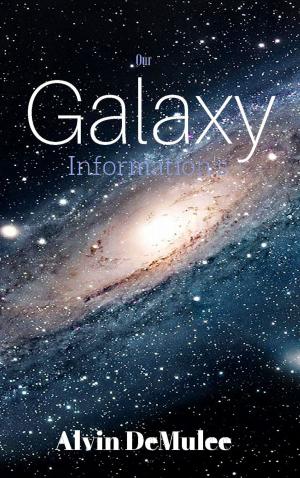Carthage & Hannibal
History & Hannibal tactics (carthage Before BC until these days) Punic war I and II
Biography & Memoir, Historical| Author: | Alan MOUHLI | ISBN: | 1230001057690 |
| Publisher: | Alan MOUHLI | Publication: | May 1, 2016 |
| Imprint: | Language: | English |
| Author: | Alan MOUHLI |
| ISBN: | 1230001057690 |
| Publisher: | Alan MOUHLI |
| Publication: | May 1, 2016 |
| Imprint: | |
| Language: | English |
Founded by the Phoenicians on the shores of what is now Tunisia and more precisely in the Gulf of Tunis in 814 BC. BC, according to the most commonly accepted tradition, Carthage gradually took ascendancy over the Phoenician cities of the western Mediterranean, before spreading to turn and develop its own civilization. This is however less known than that of ancient Rome, because of the destruction of the city by the Roman army at the end of the Third Punic War in 146 BC. AD, an end recounted by Greek and Roman sources which were widely and permanently relayed in historiography. Although disparaged through the famous Punica fides, bias comes from a long tradition of mistrust towards the Phoenicians from Homer, this civilization nevertheless raised more favorable opinion: By their power, they equaled the Greeks; by their wealth, the Persians. " - Appian, Libyca, 2.
This civilization results from the mixing of Aboriginal culture, constituted by the Berbers in Africa, and culture that brought with them the Phoenician settlers, it is also not easy to distinguish what is the Punic of what falls Phoenicians in the products of archaeological excavations, whose dynamism since the 1970s has opened up vast fields of study which appears the unity of this civilization despite local particularities. Despite this progress, many unknowns to the non-material culture remain, related to the nature of the sources: always secondary to the loss of all the Punic literature, incomplete and often subjective.
Founded by the Phoenicians on the shores of what is now Tunisia and more precisely in the Gulf of Tunis in 814 BC. BC, according to the most commonly accepted tradition, Carthage gradually took ascendancy over the Phoenician cities of the western Mediterranean, before spreading to turn and develop its own civilization. This is however less known than that of ancient Rome, because of the destruction of the city by the Roman army at the end of the Third Punic War in 146 BC. AD, an end recounted by Greek and Roman sources which were widely and permanently relayed in historiography. Although disparaged through the famous Punica fides, bias comes from a long tradition of mistrust towards the Phoenicians from Homer, this civilization nevertheless raised more favorable opinion: By their power, they equaled the Greeks; by their wealth, the Persians. " - Appian, Libyca, 2.
This civilization results from the mixing of Aboriginal culture, constituted by the Berbers in Africa, and culture that brought with them the Phoenician settlers, it is also not easy to distinguish what is the Punic of what falls Phoenicians in the products of archaeological excavations, whose dynamism since the 1970s has opened up vast fields of study which appears the unity of this civilization despite local particularities. Despite this progress, many unknowns to the non-material culture remain, related to the nature of the sources: always secondary to the loss of all the Punic literature, incomplete and often subjective.















